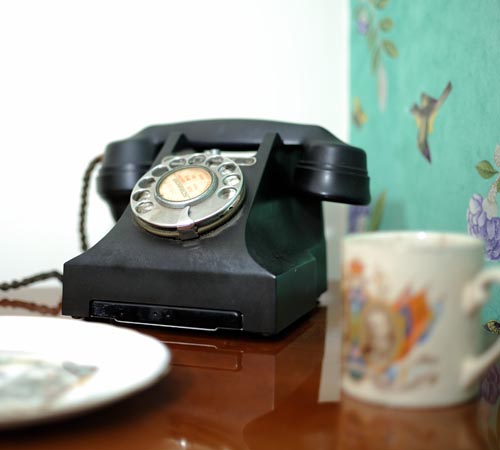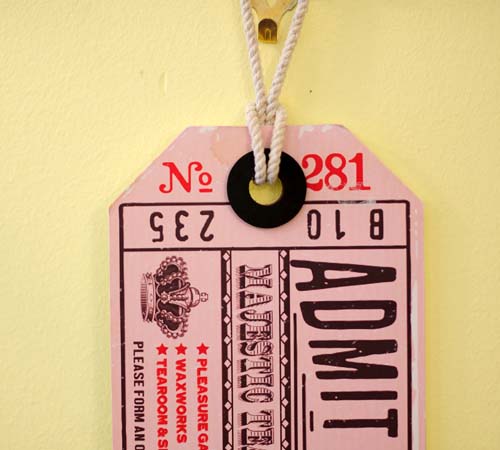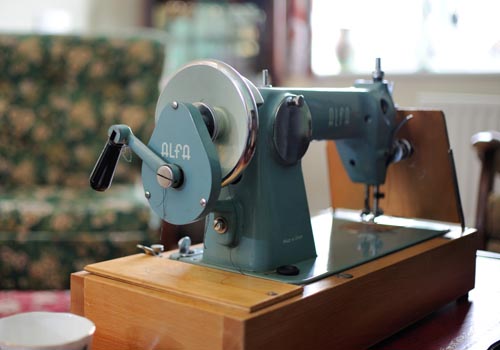


Our team of Reminiscence Co-ordinators are committed to ensuring our residents receive a truly personalised approach to their care. They start by developing a life story, liaising closely with the resident as well as their family and carers. This enables us to learn about the important events, people and places in our resident’s life as well as their particular interests, likes and dislikes.
Our Reminiscence Co-ordinators create a personalised care plan of purposeful activities that help stimulate and improve the resident’s wellbeing and quality of life. Typically, reminiscence activities will involve showing them some key
multi-sensory items designed to trigger memories. This helps to stimulate conversation and remind the person with dementia of their identity.
Key reminiscence triggers:
SMELL: Spraying their favourite perfume/aftershave around the room or on their clothes.
TOUCH: Giving a soft toy to stroke and cuddle or spending time playing with sand or play dough together – both can trigger positive memories from childhood.
TASTE: Offering a favourite food or drink – home-made lemonade, marshmallows, or an old-fashioned cake or sweet.
SOUND: Compiling a play list of favourite music or linked to their favourite musical genre e.g. 40s big band, 50s rock ‘n roll.
SIGHT: Looking through their reminiscence book or memory box together can trigger memories of holidays, favourite pets and family events.
Not only is this therapeutic for our resident, but it is also a great way for our staff to get to know them better, helping us to gain an understanding of the richness and complexity of the person’s life before the onset of dementia.
Reminiscence Room
Our Reminiscence Room is a perfect place to stimulate memories and conversations. Designed with the homely feel of a front room and decorated to reflect an era our residents can positively relate to, the Reminiscence Room is an oasis of positive thoughts and reflections enjoyed by our residents and their families.
Benefits of Reminiscence Therapy
Reminiscing and life story work can be a powerful way of communicating with a person with dementia. It can be the basis for enjoyable time spent together and a way for the person with dementia to feel empowered. This can contribute positively to their well-being. Reminiscence therapy also allows residents to enjoy a good conversation and the benefits it brings. Recalling positive memories makes people feel happy, so for our residents who feel down in themselves, good memories can become a powerful way to boost their mood. Many people say their loved one seems brighter and more able to recall recent events from the past few days or weeks after a session of reminiscence therapy.





